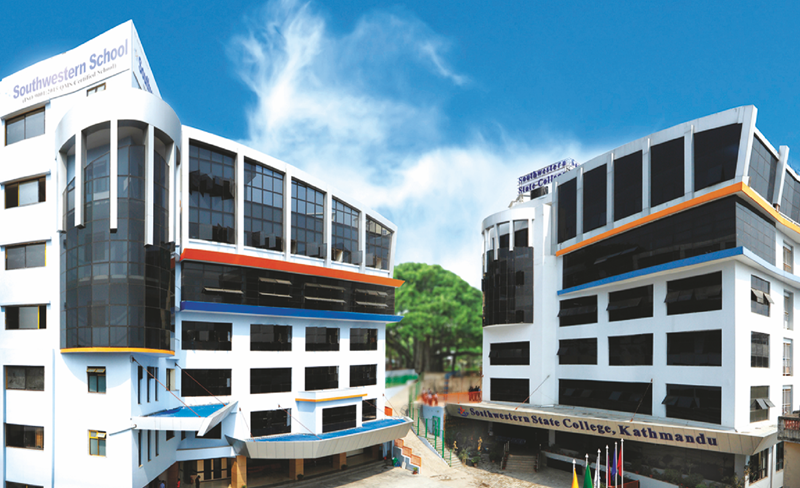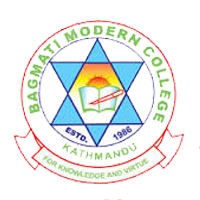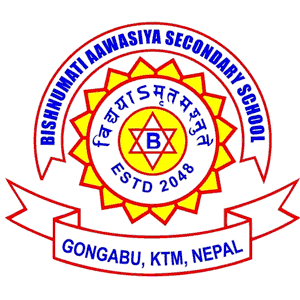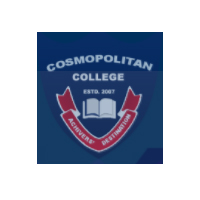Overview
Ten Plus Two (+2) Humanities at Southwestern State College, Basundhara, Kathmandu
Ten Plus Two (+2) Humanities at Southwestern State College follows the National Examinations Board (NEB) curriculum across Grades 11 and 12.
The stream suits students who value reading, writing, social inquiry, and media literacy. You work on language strength and analytical skills that support bachelor-level study in humanities, social sciences, media, and related fields.

Highlights
-
Affiliation: National Examinations Board (NEB)
-
Duration: Two academic years (Grade 11 and 12)
-
Shift: Morning 6:30 AM–11:00 AM
-
Evaluation: Internal assessments and NEB board examinations
-
Location: Basundhara, Kathmandu (near Ring Road)
Curriculum Details
NEB Humanities integrates language, society, and communication. SWSC uses a schedule that balances reading, discussion, and short writing tasks.
Common subject clusters:
-
English and Nepali
-
Social Studies and Life Skills
-
Major English
-
Sociology
-
Mass Communication
Teachers assign response papers, article summaries, and short presentations. Students maintain reading logs and prepare case notes on social issues, media ethics, and language use. Mock tests and peer review cycles help you refine writing speed and clarity.
Objectives
The stream strengthens critical reading, argumentation, and communication. Students learn how to connect texts with contexts, evaluate sources, and present ideas to different audiences. The goal is to build steady writing habits and analytical thinking that support bachelor admissions and early workplace tasks.
Scope
Graduates apply to bachelor programs such as BA (various majors), BSW, mass communication and journalism, sociology/anthropology, psychology, and language studies. Writing and research practice also support roles in community programs, media content support, and education services.
Learning Outcomes
Students who complete +2 Humanities should be able to:
-
Read and summarize non-fiction and literary texts with accurate references.
-
Write structured essays and reports using clear language.
-
Present ideas with short talks, slides, or discussion notes.
-
Use observation and basic research tools to document social issues.
Skill Development Modules
-
Academic writing: Paragraphing, coherence, citation basics, and editing.
-
Presentation and discussion: Slide briefs and time-managed speaking.
-
Media literacy: News analysis and ethical considerations in reporting.
-
Research basics: Topic selection, short surveys, and field notes.
Teaching Methodology
Faculty conduct lectures, seminars, reading circles, group presentations, and local field tasks. Students receive rubric-based feedback on drafts and presentations. Regular language labs or practice periods target grammar, vocabulary, and clarity.
Admission Requirements
-
Eligibility: Minimum C in Mathematics and Science with GPA 2.2 or above in SEE (or equivalent)
-
Documents: SEE mark sheet, character certificate, recent photographs, and copy of citizenship/passport (as applicable)
-
Placement steps: Form submission, counseling, and seat confirmation as per intake notice
Career Opportunities
Humanities graduates move to bachelor programs leading to roles in content development, editing support, media and communications assistance, community documentation, and education services. Students targeting further study prepare for subject majors that match their strengths in language and analysis.
Scholarships and Financial Aid
SWSC offers merit scholarships based on SEE results, internal performance scholarships tied to term assessments, and government quota categories as applicable during admission counseling.
Why Choose This Course?
The Humanities stream at SWSC provides NEB-approved subjects, strong practice in reading and writing, and steady feedback on presentations. Morning timings support a consistent study routine and allow time for independent reading.
Conclusion
+2 Humanities at Southwestern State College builds language confidence and analytical habits for higher study. Students complete two structured years that prepare them for bachelor programs in humanities, media, and social sciences.























